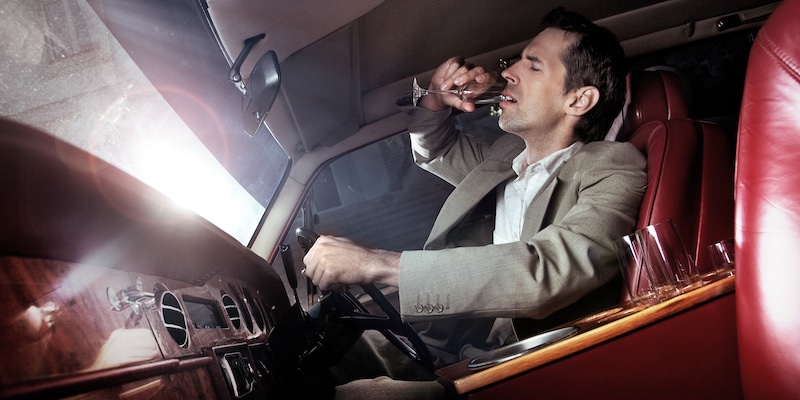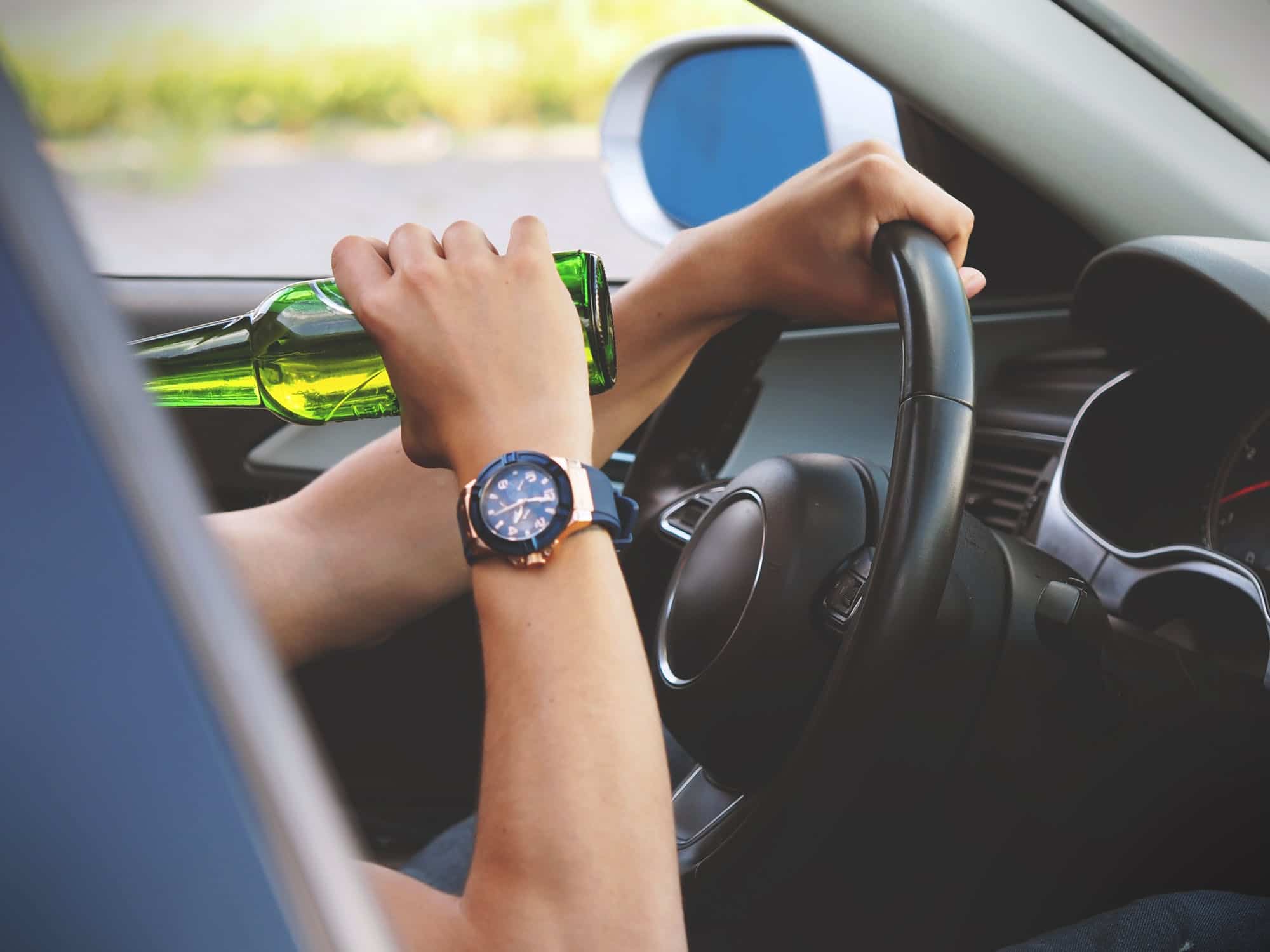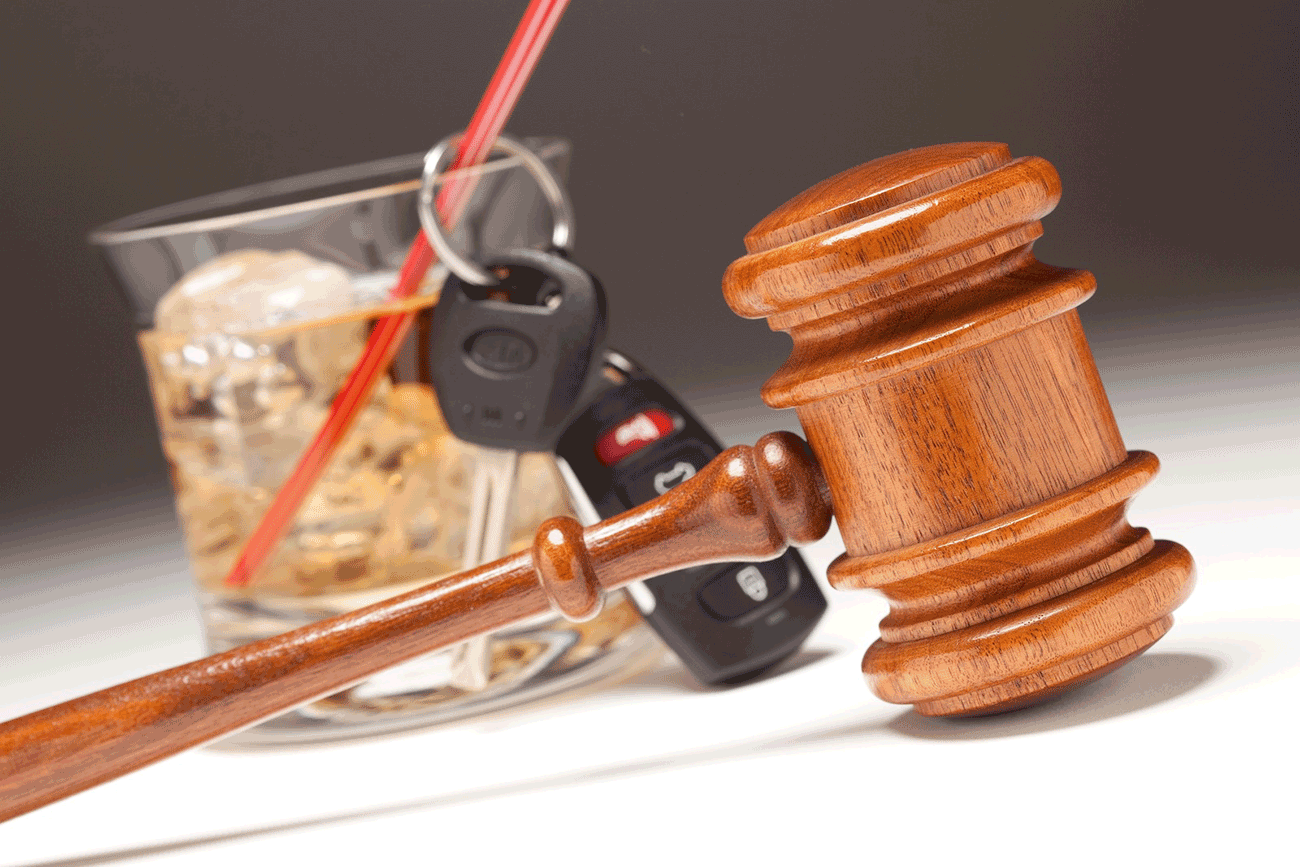WHAT MAKES A DWI/DUI LAW FIRM?

Lots Of Lawyers Can Do DWI/DUI Cases, However, Only A Very Few Dedicate Themselves To Exclusively Do That Work.
Where A Lawyer Limits Himself To One Area Of The Law, It Provides An Opportunity For That Attorney To Become Extremely Skilled And Knowledgeable There.
However, As That Lawyer’s Reputation Grows, His Availability To Handle Reoccurring Issues, His Productivity Will Be Lessened In Some Areas And His Ability To Make Court Appearances Will Be Stretched Thin.
It Is This Phenomenon That Gives Rise To The Need For That Lawyer Have Reserve Resources.
That Said, In The World Of DWI And DUI Defense, Where Several Highly Experienced And Skilled Lawyers Come Together As A Law Firm, The Returns To Their Respective Cases And Their Clients Are Magnified.
Clearly, Just As An Army Is Stronger Than A Soldier, So Too, Is The Law Firm To A Single Lawyer.
Having The Ability To Put Multiple Sets Of Eyes On An Arrest Video, On Blood Or Breath Data, On Police Offense Or Accident Reports, And To Have A Team In Trial Adds Years Of Experience To Identifying Issues, Taking Care Of Client Needs And Initiating Defenses.
And So, When Needed, We Here At Trichter And LeGrand Utilize A Team Concept In The Representation Of Our Clients.
Within Our Team, We Have Close To 80 Years Of Experience That Speaks Loudly About Our Professionalism And Reputation.
2. Reviewing Electronic Audio/Video Recordings
It Is Often The Case That There Are Several Audio/Video Recordings Made In Any DWI/DUI Arrest.
For Example: There Is A Fixed Camera In The Front Window Of Many Police Cars That Record Activities Both In Front Of The Cruiser And Inside Of It After An Arrest And During The Transport Of A Citizen To A Jail.
There Is Also An Audio Component Of This Recording.
In Addition, Many Officers Wear Body Cams On Their Uniform So That They May Record Conversations That Occur Between Themselves And DWI Suspects And/Or Witnesses.
Where An Arresting Officer Has A Partner Riding With Him, There Is Generally Another Body Cam Audio/Video Recording.
In Short, Because A DWI Case Typically Last Three Hours From Start To Finish, It Could Easily Be Nine Hours Of Recording That Needs To Be Digested.
While It Is Typically The Case That The Assigned Lawyer Listens And Watches The Electronic Recordings By Himself, Where Complex Or Unique Issues Arise, Help Is Called In To Confirm A Defense Or Constitutional Issue.
In Those Situations, We Here At Trichter & LeGrand Often Have More Than One Lawyer Watch The Critical Areas Of Those Respective Cases.
For Example, The Actual Traffic Stop, The Performance Of Police Motor Skill Exercises, The Taking Of Blood At An Emergency Room Or The Administration Of An Intoxilyzer 9000 Breath Test At The Station.
By Utilizing A Team Approach, When Needed, Very Little Escapes The Viewing Team.
Indeed, Where The Team Is Utilized, There Is Often A Joint Discussion And The Sharing Of Legal Wisdom As To How To Plan The Defense.
3. Reviewing Blood And Breath Test Data
In Any Type Of A Test Case, There Can Be Hundreds Of Pages Of Blood & Breath Data That Needs To Be Reviewed.
Because Pouring Over So Many Pages Of Documents Can Be Tedious, Where Issues Are Discovered By The Assigned Lawyer, Those Issues Can Be Shared With Or Bounced Off Another Firm Member.
By Utilizing A Team Approach This Way, A Defense Or Evidentiary Problem Can Be Readily Identified By The.
Second Lawyer Who Can Add Insight And Direction As To Best Handle The Matter.
Again, If An Issue Is Found, Such As Perceived Constitutional Violations, A Defense Or Offense Plan Will Be Started Right At That Time As The Lawyers Discuss The Facts And The Applicable Law.
4. The Team Acts As A Back Up For An Unavailable Lawyer
Because Each Of Our Lawyers Have Multiple Clients, It Is Not Uncommon That The Assigned Lawyer May Be In Trial Elsewhere When Another Client’s Case Is On A Different Court’s Docket.
In Those Situations, A Team Member Can Appear With The Client To Assist In Rescheduling The Case For A Future Non Conflict Date.
In This Way, Clients Will Not Have To Appear In Court By Themselves.
5. Being In Trial
For The Solo Trial Lawyer, Being In An Evidentiary Hearing Or Trial Is Like Being In A Battle.
Everything Is Very Fluid And Fast. Indeed, Every Word Heard Or Said Must Be Scrutinized To Determine It’s Fairness, Danger And/Or Meaning.
That Being So, Remembering The Old Cliché That “2 Heads Are Better Than 1”, In Appropriate Cases, Having A 2nd Lawyer In The Battle Can Be Helpful.
Understanding That Truth, And Again When Needed, The Use Of A Trial Team Is A Good Strategy For Success.
Summation:
In The Practice Of Criminal Law, Especially That Of DWI/DUI, Utilization Of A Team Approach Has Definite Benefits For Both The Firm And The Clients.
To Learn More About How A Team Approach Can Help You In Your Case, Feel Free To Reach Out To Us Here At Trichter & LeGrand And We Would Be Happy To Talk To You About It.
TELL US ABOUT YOUR CASE
Use the form to request your free consultation to discuss your case with one of our attorneys. The use of this form does not establish an attorney-client relationship.
The information on this website is for general information purposes only. Nothing on this site should be taken as legal advice for any individual case or situation. This information is not intended to create, and receipt or viewing does not constitute, an attorney-client relationship.







